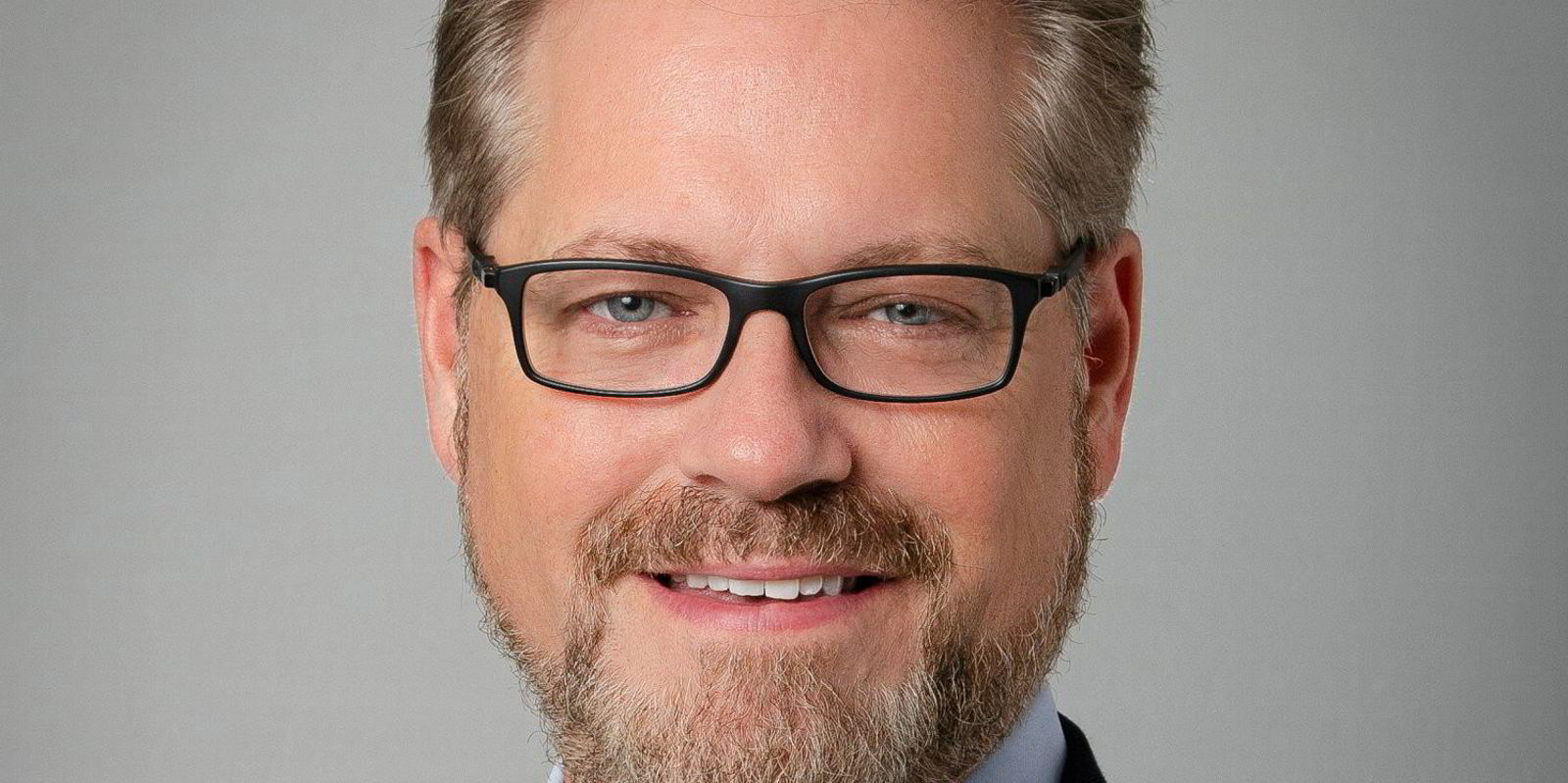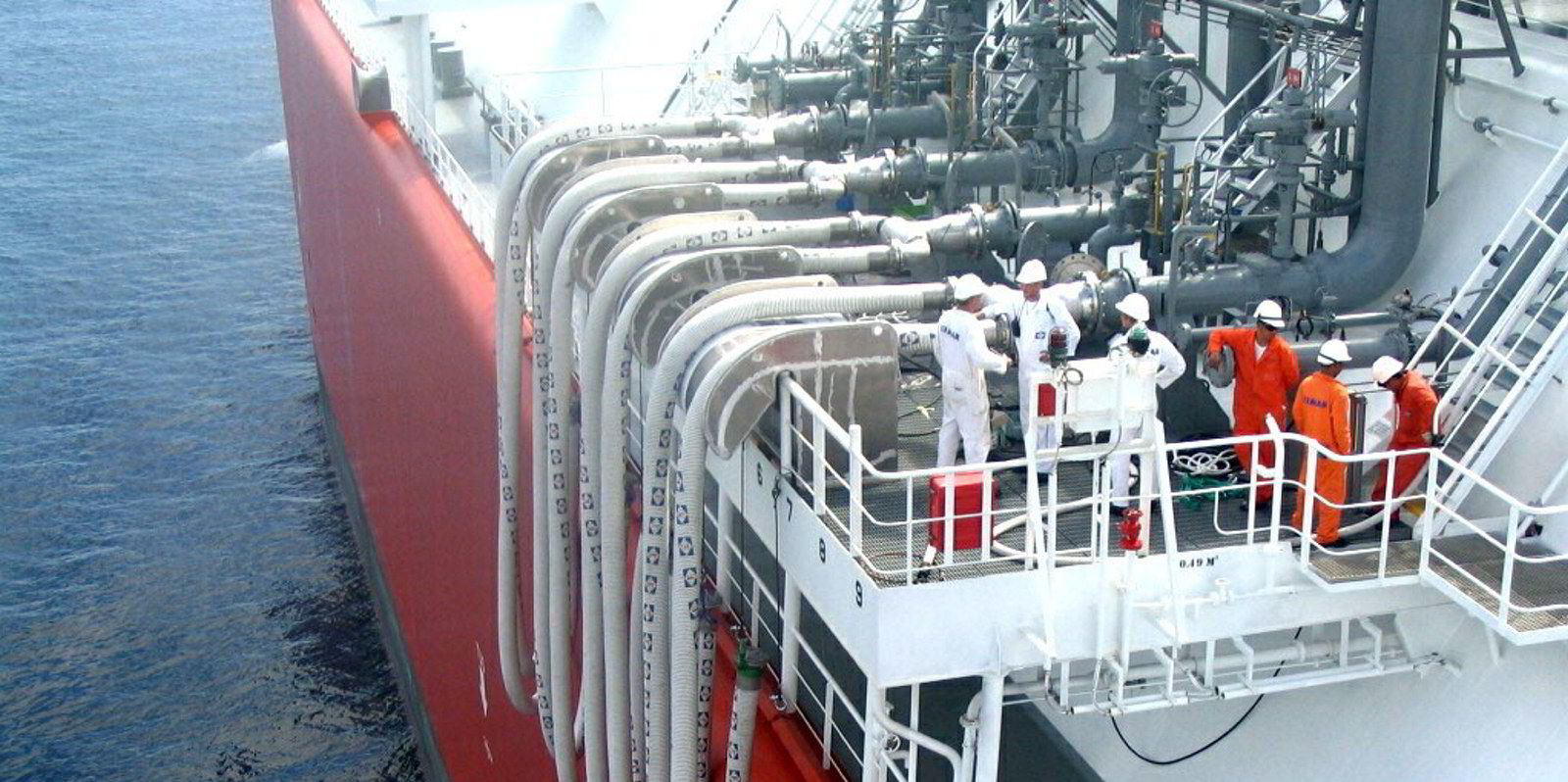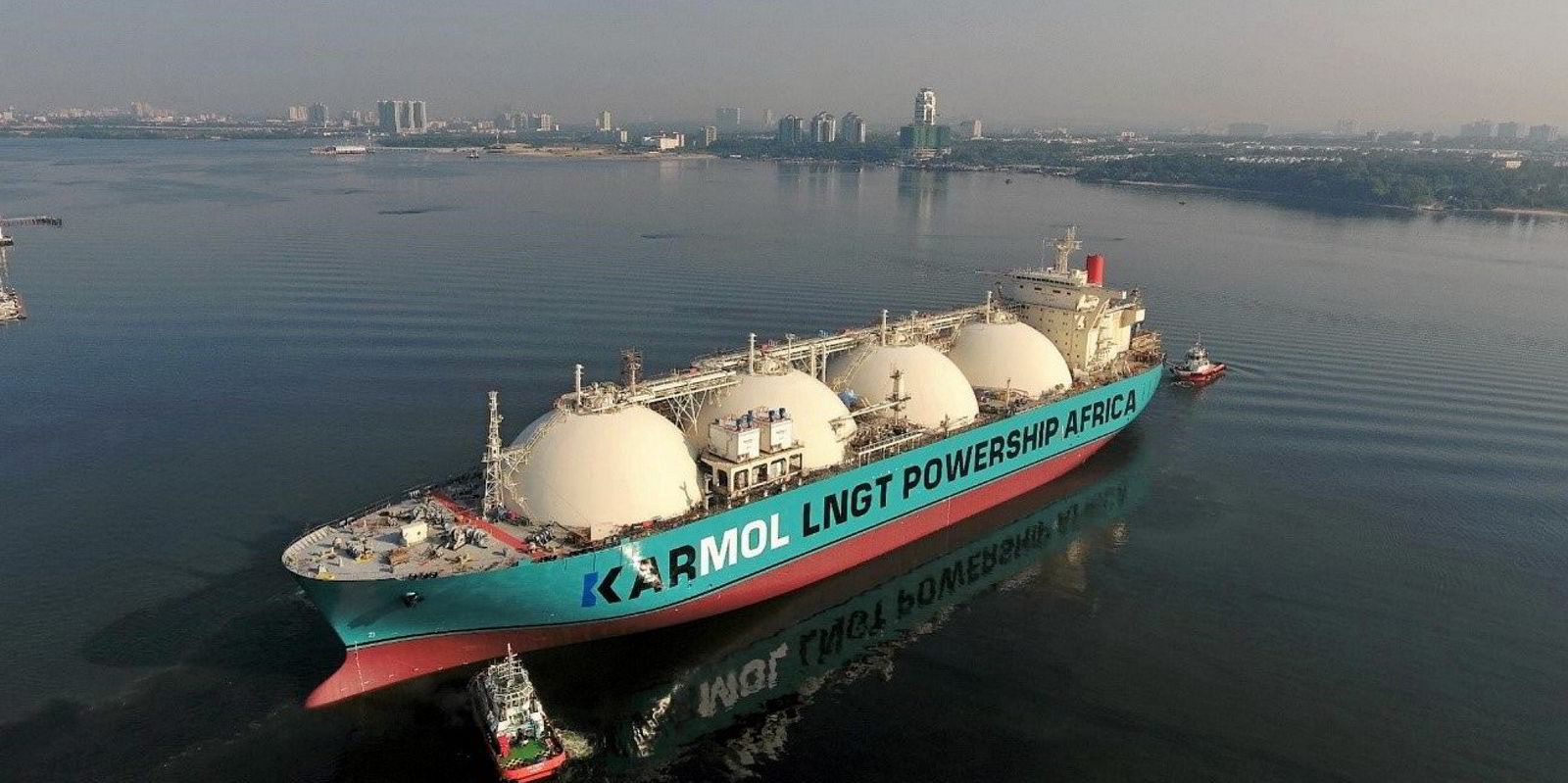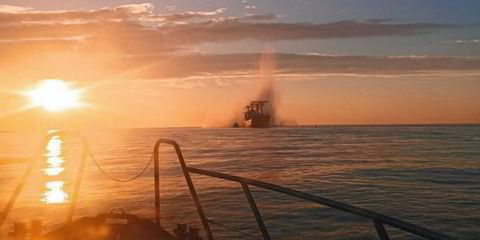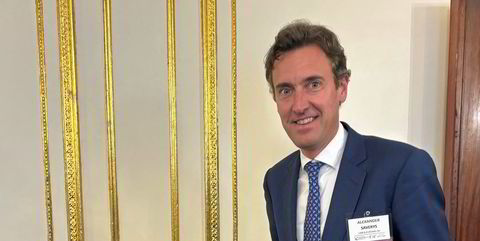LNG regasification specialist Rob Bryngelson is back in business with new venture WaveCrest Energy and is in his element.
The former Excelerate Energy chief — who helped bring the floating storage and regasification unit concept and first projects to market — has teamed with global financial services organisation Macquarie Capital on his new company.
“Regasification is the core of what WaveCrest does,” chief executive Bryngelson said. But the company will also look at wider developments such as LNG-to-power — where it would invest in power plants — or the regional distribution of LNG, bunkering, barging, trucking and rail.
“Our goal is to find projects in the early to mid-stage of the development process where we can put development capital into them, provide equity capital for final investment decisions [FIDs] and take them all the way through to operation,” he said.
No limits
Capital is not a limiting factor. The smallest project the new outfit has looked at is about $200m and the largest $3.5bn.
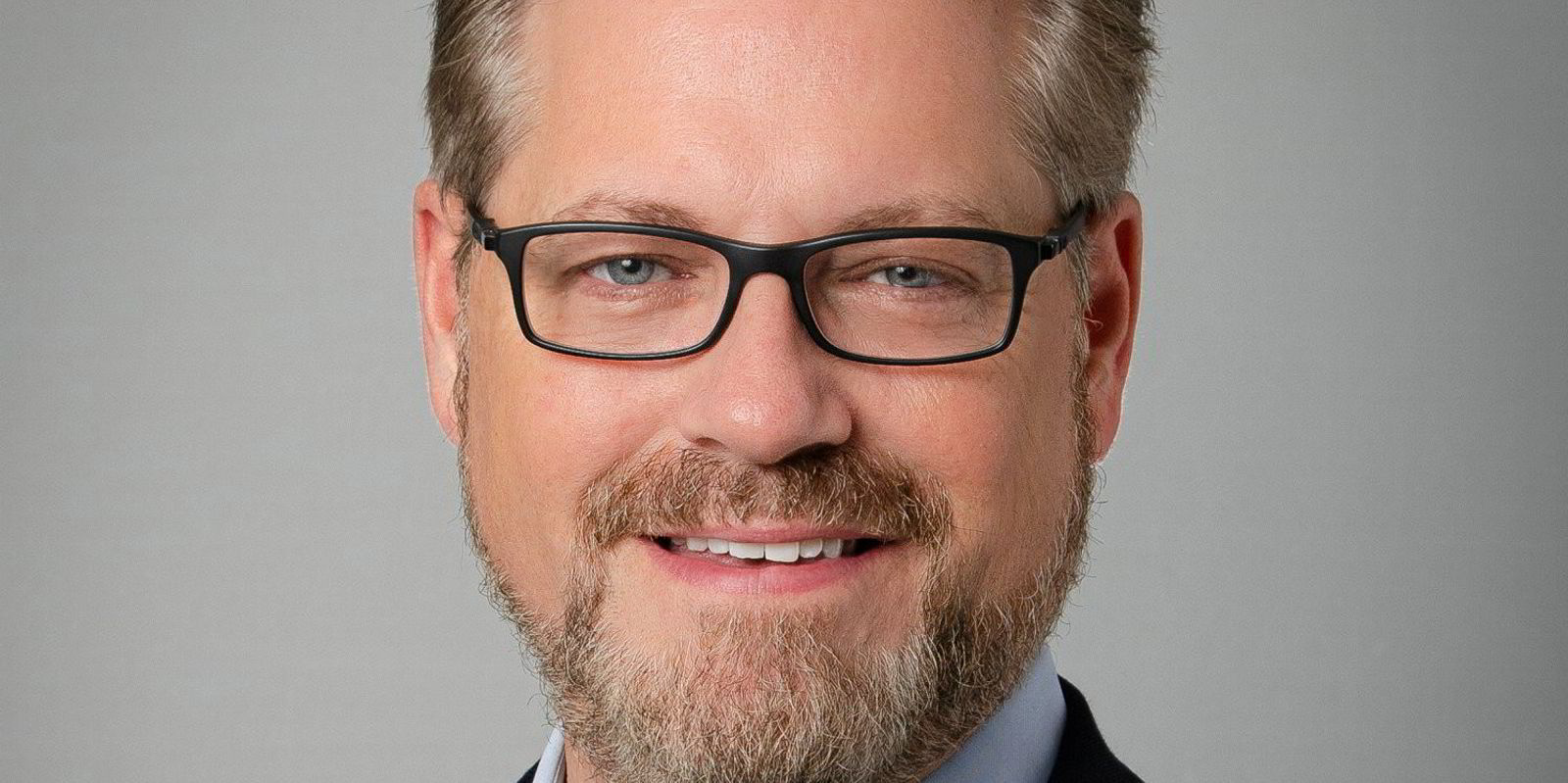
- Mechanical and aerospace engineering graduate
- Started his working life at former energy trader Enron in 1995 immediately after business school
- Left Enron in 2000 — in the week its share price reached an all-time high but before its collapse a year later
- Joined El Paso Corp, leaving in 2003 when the North American energy giant got out of LNG
- He and several colleagues set up Excelerate Energy later that year
Photo: WaveCrest
WaveCrest has considered project stakes ranging from 30% up to 90% equity participation, depending on the experience of the parties involved.
The company’s primary focus markets are Latin America and Asia but it is also looking at some Africa and Europe-based projects.
“We are actually ready to invest,” Bryngelson said.
WaveCrest is an operationally separate but wholly-owned subsidiary of Macquarie Capital that has been set up as a platform company. It finds the projects, Macquarie invests its cash into Bryngelson’s new business, which in turn invests in a project.
“We will hold the project, the assets and be responsible for the operation,” Bryngelson said. “We’re not just a development shop.”
WaveCrest also has access to Macquarie’s financial services and its commodities and global markets group, which handles LNG supply and trading. Bryngelson said this puts more tools at his company’s disposal, opening its reach.
Looking longer term, he said Macquarie could opt to hold WaveCrest, sell a stake, offload its interests in different deals or take the company public.
But he added: “We look at every project as a long-term holding."
Project sifting
WaveCrest has been up and running for almost four months.
Excelerate Energy’s chief technical officer Kenny McGeachie and vice president of operations Charles Ruehl have since jumped ship and joined Bryngelson, who cheekily added that other good engineers and operational staff from his former company should send him their resumes.
And Bryngelson’s famous project whiteboard is back.
He said WaveCrest has already looked at more than 30.
Of those, he said about 10 are “completely ludicrous”. He reveals that WaveCrest is also looking at some that are “a little bit crazy” but are backed by interesting parties.
Bryngelson stresses WaveCrest is not necessarily looking for the finished projects and will take on those where there is still development needed.
“What we are not looking at is doing equity capital when everything is done and dusted — when all the risks have been taken out of it so have your returns,” he said.
Bryngelson said WaveCrest is actively developing four projects on its priority list, one of which could take FID this year or early in 2022.
Three are LNG-to-power developments and one is a regasification project but all involve a floating element.
Small is beautiful
Bryngelson remains open to newbuildings, or chartering existing tonnage, depending on the project.
He said WaveCrest is unlikely to start “playing in conventional shipping” as it is already a competitive market.
“I think we could probably charter a vessel better than we could buy one,” he said. “I would rather use our capital for project development."
He believes floating regasification assets are going to change with much more emphasis on the smaller solutions and providing ways to serve these markets while still keeping some ability to grow regionally.
“Ultimately, there are a lot of places where FSRUs can be used,” he said, adding that WaveCrest would be “thrilled” to work with existing providers of units such as BW LNG, Hoegh LNG, Excelerate Energy and Golar LNG.
WaveCrest plans to build each project with its own operating team. Bryngelson envisages this will expand the company's core staff to 10 to 12 personnel by the end of next year.
“Ultimately I want to grow WaveCrest to the point where we are developing and creating our own projects," he said. "But right now, with the workload of projects that need our help, that doesn't leave us any time for it."
